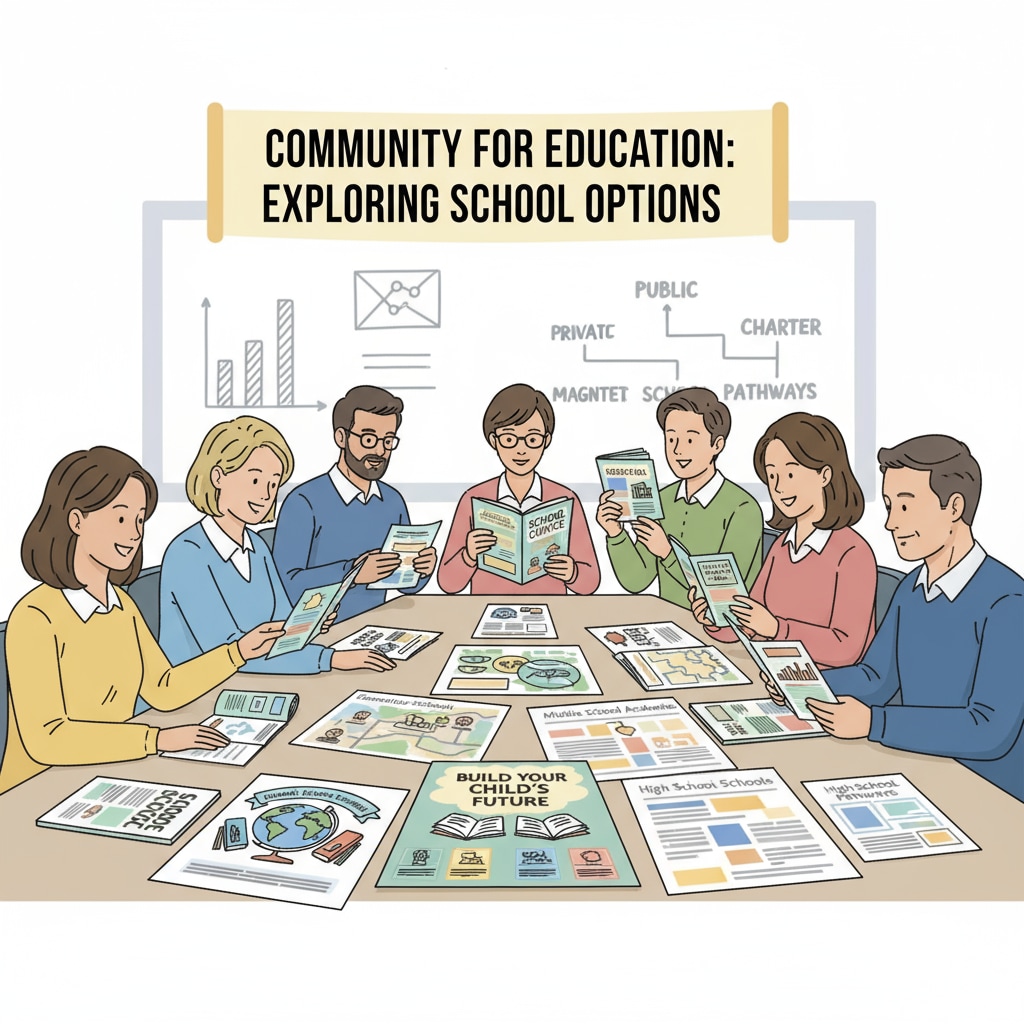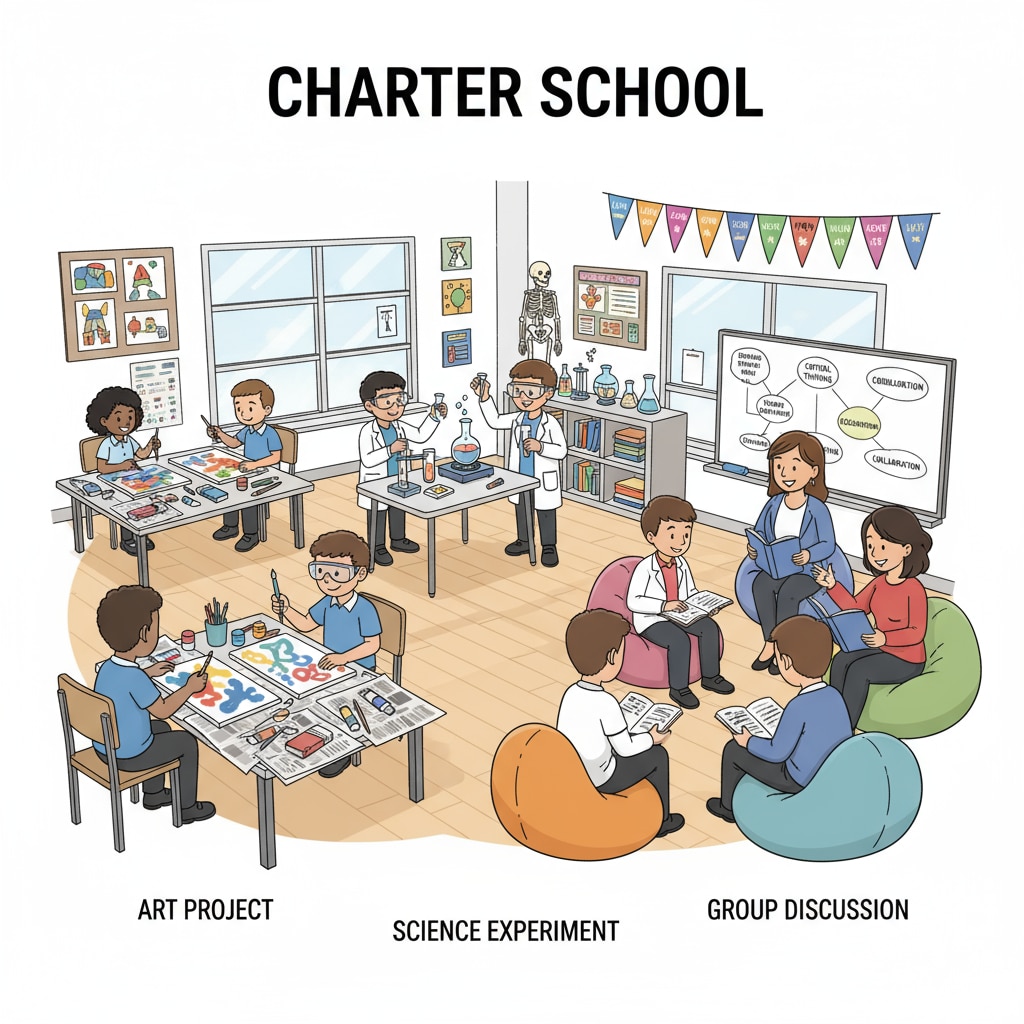School choice, political controversy, and education policy are intertwined aspects that have been at the forefront of discussions in the field of contemporary education. The concept of school choice has become a highly debated topic, with different stakeholders holding strong views on its implications for educational equity and parental freedom.

As we delve deeper into this issue, it’s essential to understand the various perspectives and how they impact the K12 education ecosystem.
The Core of School Choice Controversy
The controversy surrounding school choice primarily stems from the tension between two key aspects: ensuring educational fairness and granting parents the freedom to choose the best educational environment for their children. On one hand, proponents of school choice argue that it empowers parents to make decisions that align with their children’s specific needs. They believe that by having multiple options, such as charter schools, magnet schools, or voucher programs, parents can find an institution that better suits their child’s learning style. For example, a child with a particular interest in the arts may benefit more from a magnet school with a strong arts curriculum. School choice on Wikipedia

The Role of Government in School Choice
The government plays a crucial role in the implementation of school choice policies. Some view government intervention as necessary to maintain educational standards and ensure equal access to quality education. They argue that without proper regulation, school choice could lead to a situation where more affluent families have an advantage in accessing the best schools, further exacerbating educational inequality. On the other hand, opponents of excessive government control believe that it stifles innovation and limits parental choice. They advocate for a more decentralized approach, allowing schools more autonomy to develop unique educational programs. Education policy on Britannica
As we can see, the issue of school choice is far from simple. It involves a complex interplay of different interests and values. Finding the right balance between providing parents with choice and ensuring educational fairness is a challenge that policymakers continue to grapple with. In conclusion, school choice, political controversy, and education policy will likely remain topics of intense debate as we strive to create an educational system that meets the needs of all students.
Readability guidance: This article uses short paragraphs and lists to summarize key points. Each H2 section provides a clear perspective. The passive voice and long sentences are kept to a minimum, and transition words are used throughout to enhance the flow of the text.


